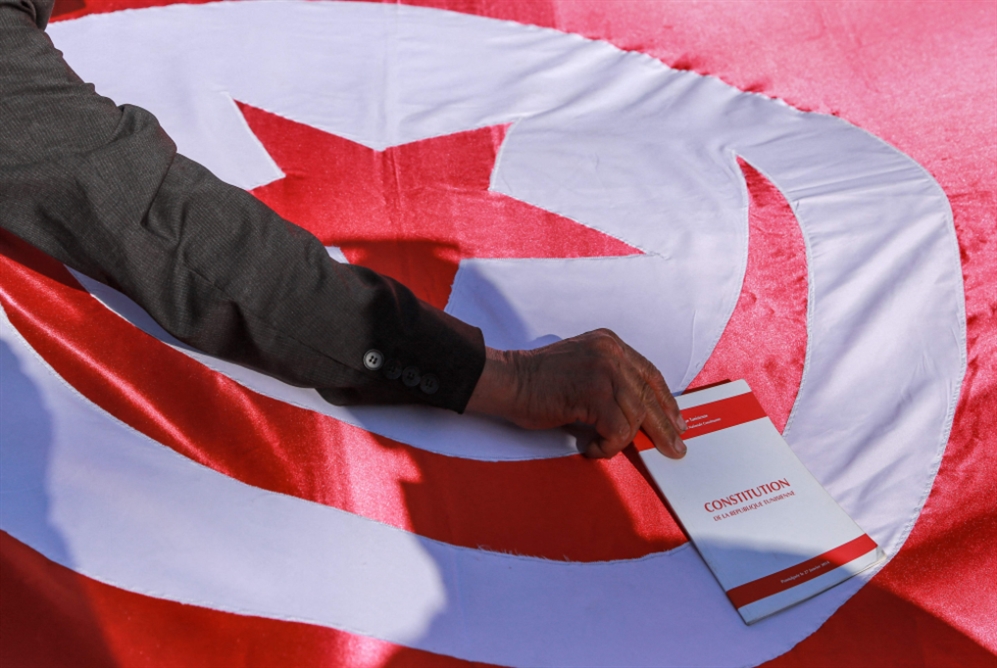Tunisian President Kais Saied has become, in the eyes of many, superior because of the opposition’s weakness, its lack of maturity and its many missteps, which, according to observers, have become superior, according to observers, to the president’s own missteps, which makes a large number of Tunisians uninterested in the current confrontation between the two parties. Perhaps one of the indicators of this neglect is the lack of participation in the national consultation that Saeed called for. The number of participants in it has not yet reached more than 200,000, a month after its launch. This seems to be an inevitable and logical result of the general frustration that accompanies every electoral station in Tunisia. After galvanizing and fulfilling their duty in the presidential, legislative, and municipal elections, Tunisians were disappointed by the poor performance of those they chose. To make matters worse, the disastrous performance of the elected parliament in 2019, and the rhetoric of violence, hate, and impunity. From this point of view, the number of people refraining from voting reveals the disappearance of the belief in the sanctity of the right to choose, electoral participation, and expressing an opinion in public affairs.
Also, boycotting the consultation, which is supposed to be the first step towards formulating general ideas and options for a referendum to change the political system and hold early legislative elections, according to what the president announced at the end of last year, is a message addressed to Saeed himself, that his broad lines to show The opinion of the masses about it is meaningless, as it can hardly be classified according to any of the political science theories, or even the general principles of a state of law and institutions as the world knew it. Hence, many people ask about the meaning of the consultation now, when the president did not explain to Tunisians his vision of the political system, the electoral system that he will adopt, and the popular methods of representation. As for Saeed’s political opponents, they reject the move only as it represents another episode of neutralizing them from the scene, which means that if the presidential palace had preserved the system of privileges and immunity and the alliance of mutual benefit that prevailed at the time of “Ennahda” and its allies in power, her opinion would have been different, and perhaps it would have been In the face of those who promote consultation and invite participation in it.
In response to this, the presidential palace has resorted to methods that are closer to primitiveness in order to promote consultation, especially since the president does not rely on the media, nor can he bet on himself or on his advisors to encourage participation, given that his failure to do so will negatively affect his popularity, which He uses it as a scarecrow against the inside and outside, and he is still reaping results from it until now. From this point of view, Said used simple methods to publicize his project, from roving cars in the countryside that invite Tunisians to vote, to providing the material and logistical component for the illiterate whose participation was prevented by their lack of technical knowledge by filling out the online consultation, to the recruitment of governors, mayors and government departments for the purpose of introducing The matter, which showed a kind of glut, without significant results. In the end, the presidential palace was forced to devise a new fatwa allowing the participation of children in counseling, after lowering the legal age to sixteen, instead of the accepted eighteen for legal capacity, which created the impression that Saeed was betting on the least interested groups in public affairs in order to pump blood. in his advice.


